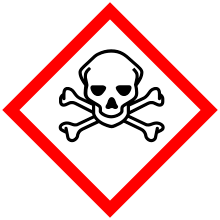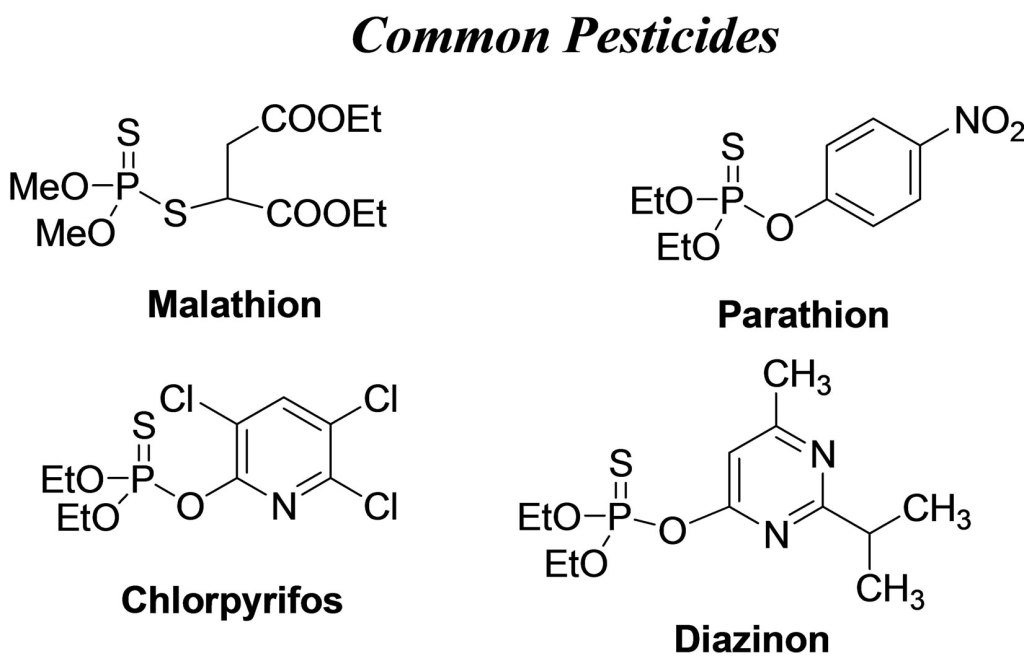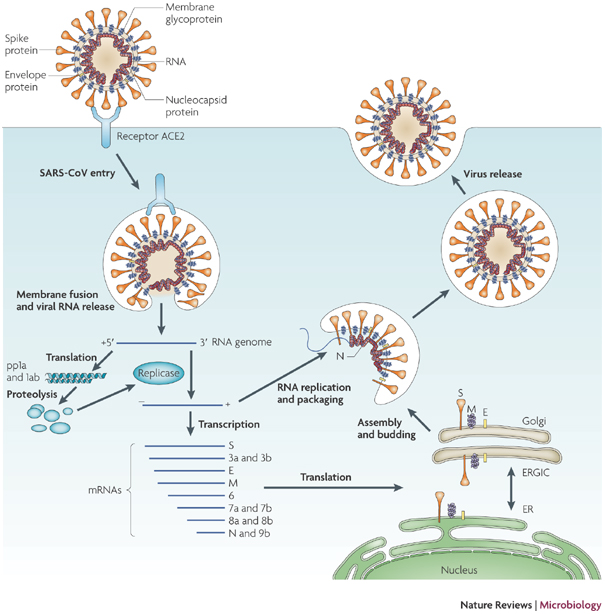
Today I have been bombarded with questions about a New York Times opinion piece concerning coronavirus infections. This piece, written by a chemistry and genomics professor and grad student at Princeton, states that, “As with any other poison, viruses are usually deadlier in larger amounts.” The piece makes a number of statements about exposure to different amounts of virus, but the central hypotheses is “people are dying from coronavirus because they received a much higher amount of the virus.”
There is no data provided in the article supporting this hypothesis and none elsewhere. In fact, this concept is wrong in so many ways one wonders if anyone reviewed the article that understands virology!
Poisons are small molecule chemicals or proteins that interfere with specific activities in the body. The ability of the poison to harm someone is directly related to the amount of the chemical a person receives. Some poisons can be reversed by “antidotes.” These are chemical inhibitors of the poison or other things that neutralize the effect.

Good examples of poisons are pesticides, which block the ability of nerves to control muscles; and cyanide, which starves the body of energy by inhibiting mitochondrial enzyme systems. This also includes military weapons like nerve gas, which is very much like a pesticide, blocking neural activity and paralyzing an individual within seconds.

A virus is very different. It is an organism which is a molecular parasite that has its own genetic material and can reproduce. Once a virus gets into a host, like a human, it starts to replicate and uses the host cells to make copies of itself. As long as even a single virus particle gets into the proper host cell where it can replicate, it can cause infection, making as many copies of the virus as it needs. The host is killed not by a chemical inhibition of a cell but by destruction of its cells by the virus.

The only thing that saves a host from a virus is the immune response that kills and destroys host cells making the virus. The amount of virus that can kill someone depends on the ability of their immune system to defend against the virus. That is one reason we think the elderly are more susceptible to illness and death from COVID-19 infection.
Proving this, the threshold for a lethal virus dose – the amount of virus necessary to kill the animal- can be lowered by orders of magnitude in animals with stronger immune responses. In essence: same virus, differing immune response.
Many consider viruses as the simplest form of “life.” This is reviewed in an outstanding story in Scientific American. Viruses are able to change hosts of all types. They can change colors of flowers in plants, alter bacterial resistance to antibiotics, and perform a number of useful functions. Most recently, scientists have used viruses to change genes in humans as they treat a disease. So viruses are not all bad.
Thus, a virus does not directly “poison” a person. Instead it takes over a person’s cells to make copies of itself. You can’t reverse a virus or give an antidote; it is only the immune system that can stop this parasite! And, unlike the NYT authors’ theory, most people dying from COVID-19 are doing so because their immune system does not appear to be able to handle the virus.
Thank you for educating and clarifying Jim. Shame on the @NYTimes!
LikeLiked by 1 person
Jim: if one becomes sick enough to require hospitalization, his/her family must make a decision when the ambulance driver asks them which hospital to take the patient to. Here is Charleston we probably have the standard choices, the big academic hospital, the hospital founded and supported by private practices, and the for profit hospital. Here it is MUSC, Roper St. Francis and Tenet’s East Cooper. How should we decide? Thank you. Randy
LikeLike
Several Detroit hospitals have stated anyone over 70 will not be offered a ventilator. So that alters decisions. My advice is that unless your breathing problems are acute don’t go to a hospital. Get home respiratory care and keep in touch with your doctor. Not a great answer but the best I can do right now.
LikeLike
I am a healthcare worker in a local hospital who has developed a headache, chills and general malaise in the last few days. I am afebrile and not coughing, With normal blood pressure, and no predisposing healthcare concerns. I am feeling much better with negligible symptoms. I had a telehealth visit and was advised to take the rest of the week off. Do I need to be tested for Covid and can I go back to work as I have taken off the last few days as a precaution?
LikeLike
I think you either get tested or self isolate for 14 to 21 days. Symptoms can be minimal and still be COVID. Hope this helps.
LikeLike
Great explanation. He was our ceo of fare a few years ago
Sent on the go, apologies for any typos!
>
LikeLike
I am finding that much of the information put out by the WHO has been confusing because of its contradictory nature over this Covid 19 progression…should we use that organization as a valid voice ?
LikeLike
My personal opinion is no.
LikeLike
In this article in the New Yorker ( https://www.newyorker.com/magazine/2020/04/06/how-does-the-coronavirus-behave-inside-a-patient ), the author states, as best I could understand it, that the dose of virus one is infected with correlates with the severity of the illness. Specifically, if someone is exposed to a very small viral load, they are less likely to get ill and more likely to fight off the virus, and if exposed to a larger viral load, more likely to get very ill. While this is nothing like a poison, it does mean that a “big” exposure would, on average, be more damaging than a “small” exposure.
LikeLike
Good question. While dose may have some effect, it is more like a threshold rather than a traditional dose effect. Once you pass the minimal dose that causes an infection the limiting step is not the amount of virus but the immune response. if you immune system is intact and recognizes the virus you live. If it doesn’t you die. When you get enormousness amounts of virus it can overwhelmed the immune system However, this does not exist in nature and usually can only be achieved with purified virus in a laboratory setting. Thus, the innoculum of virus does not matter that much. Best, JB
LikeLike